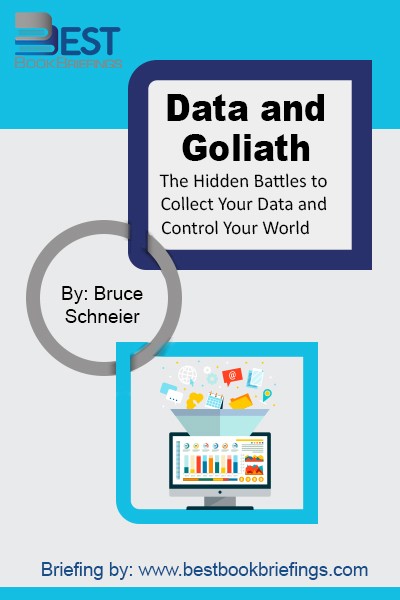Data and Goliath
The Hidden Battles to Collect Your Data and Control Your World
Number of pages: 448
Publisher: W. W. Norton & Company
BBB Library: Technology and Globalization
ISBN: 978-0393352177
Editorial Review
Every morning when you put your cell phone in your pocket, you’re making an implicit bargain with the carrier: “I want to make and receive mobile calls; in exchange, I allow this company to know where I am at all times.” In this book, we get to know about the here’s a whole industry devoted to tracking you in real time, and that the longer we wait, the more people and organizations become used to having broad access to our data and the more they will fight to maintain that access. We’re at a unique time to make the change.
Book Reviews
Books on Related Topics
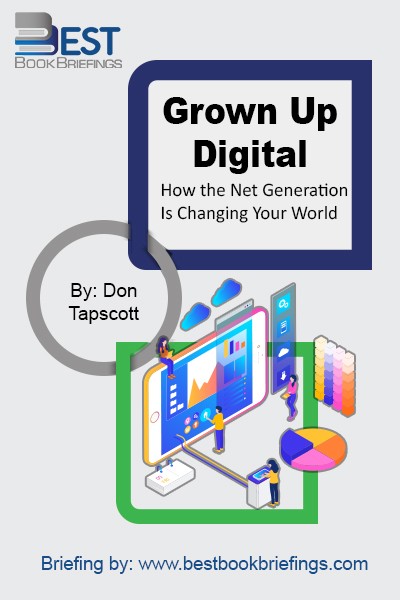
Grown Up Digital reveals: How the brain of the Net Generation processes information. Today's young people are using technology in ways you could never imagine. Instead of passively watching television, the Net Geners are actively participating in the distribution of entertainment and information. For the first time in history, youth are the
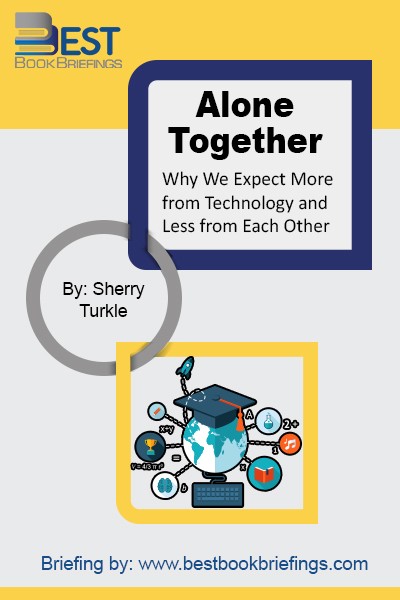
Alone together is a book written by Sherry Turkle who is a Professor of the Social Studies of Science and Technology at MIT. She traces back technology and its invasion into our lives and its impact in our behaviors, expectations, and way of thinking. She elaborately through many examples shows how

Young people growing up in our time are not only immersed in apps: they’ve come to think of the world as an ensemble of apps, to see their lives as a string of ordered apps, or perhaps, in many cases, a single, extended, cradle-to-grave app. (We’ve labeled this overarching app a

Homo Deus: A Brief History of Tomorrow examines what might happen to the world when these old myths are coupled with new godlike technologies such as artificial intelligence and genetic engineering. What will happen to democracy when Google and Facebook come to know our likes and our political preferences better than we
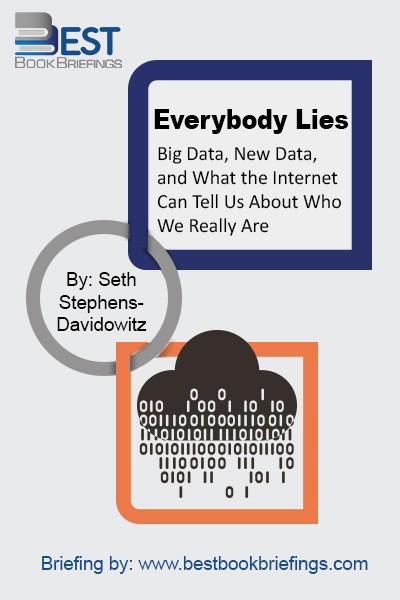
Everybody Lies offers fascinating, surprising, and sometimes laugh-out-loud insights into everything from economics to ethics to sports to race, gender and more, all drawn from the world of big data. What percentage of white voters didn’t vote for Barack Obama because he’s black? Does where you go to school affect how

From former FBI Futurist, Interpol advisor and beat cop Marc Goodman, a deep dive into the digital underground illuminating the alarming ways criminals, corporations, and even countries are using new and emerging technologies against you—and how this makes everyone more vulnerable than you ever thought possible.
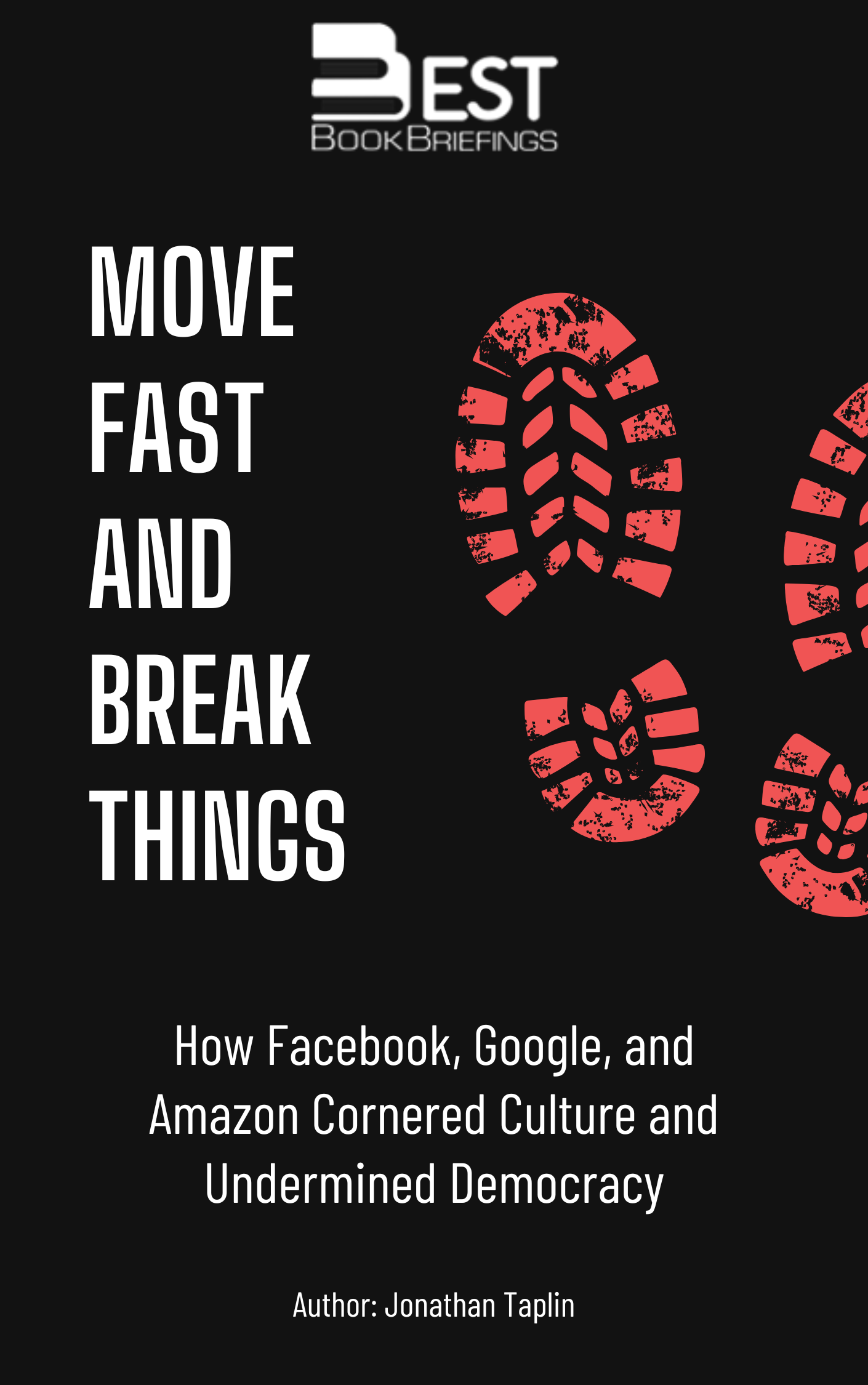
Move Fast and Break Things is the riveting account of a small group of libertarian entrepreneurs who in the 1990s began to hijack the original decentralized vision of the Internet, in the process creating three monopoly firms--Facebook, Amazon, and Google--that now determine the future of the music, film, television, publishing and

